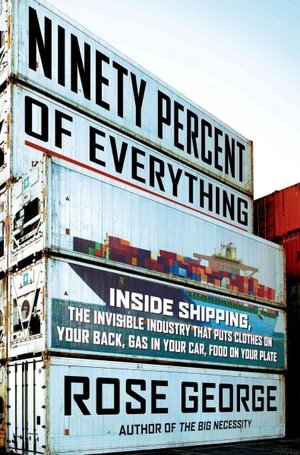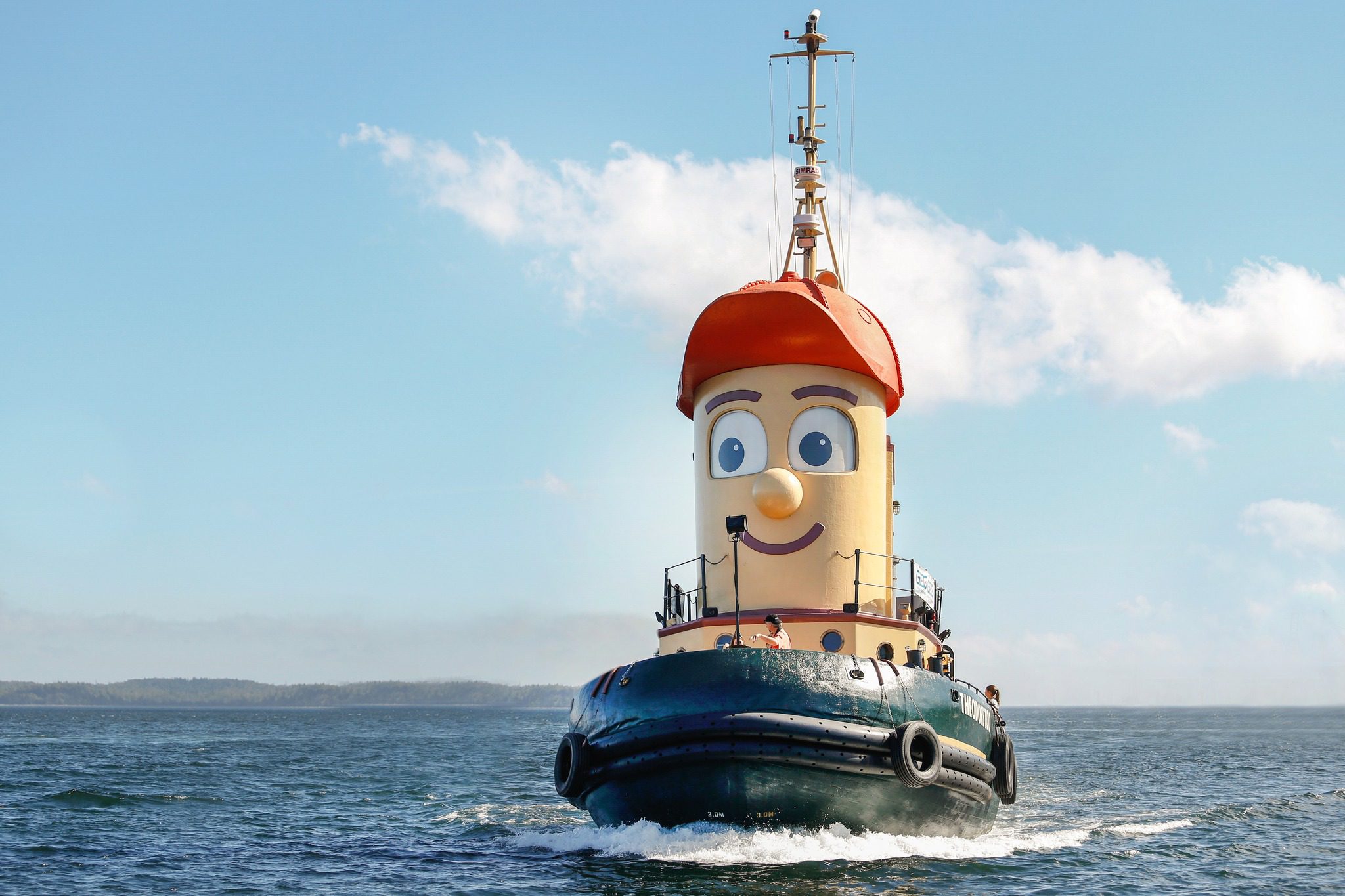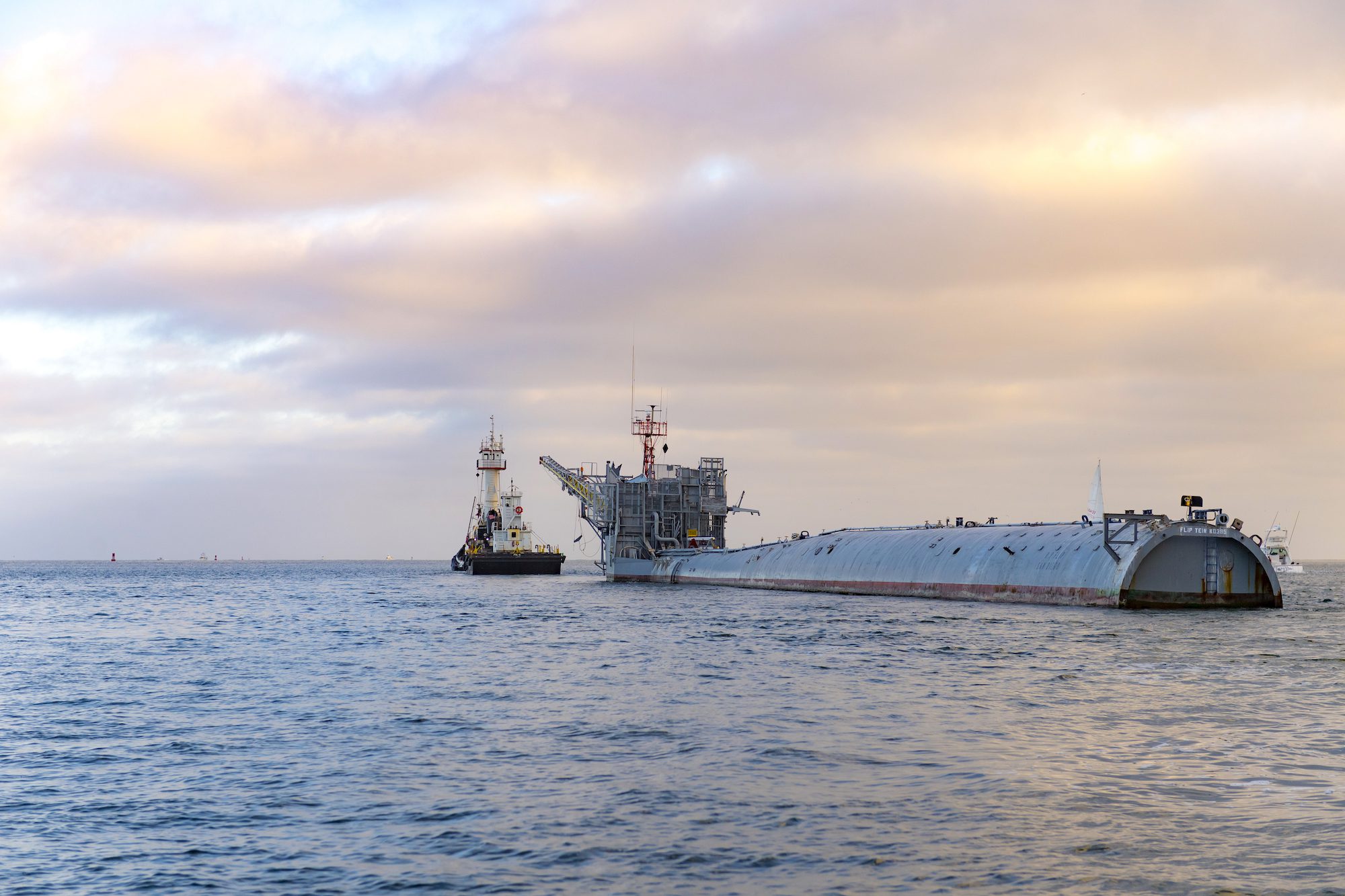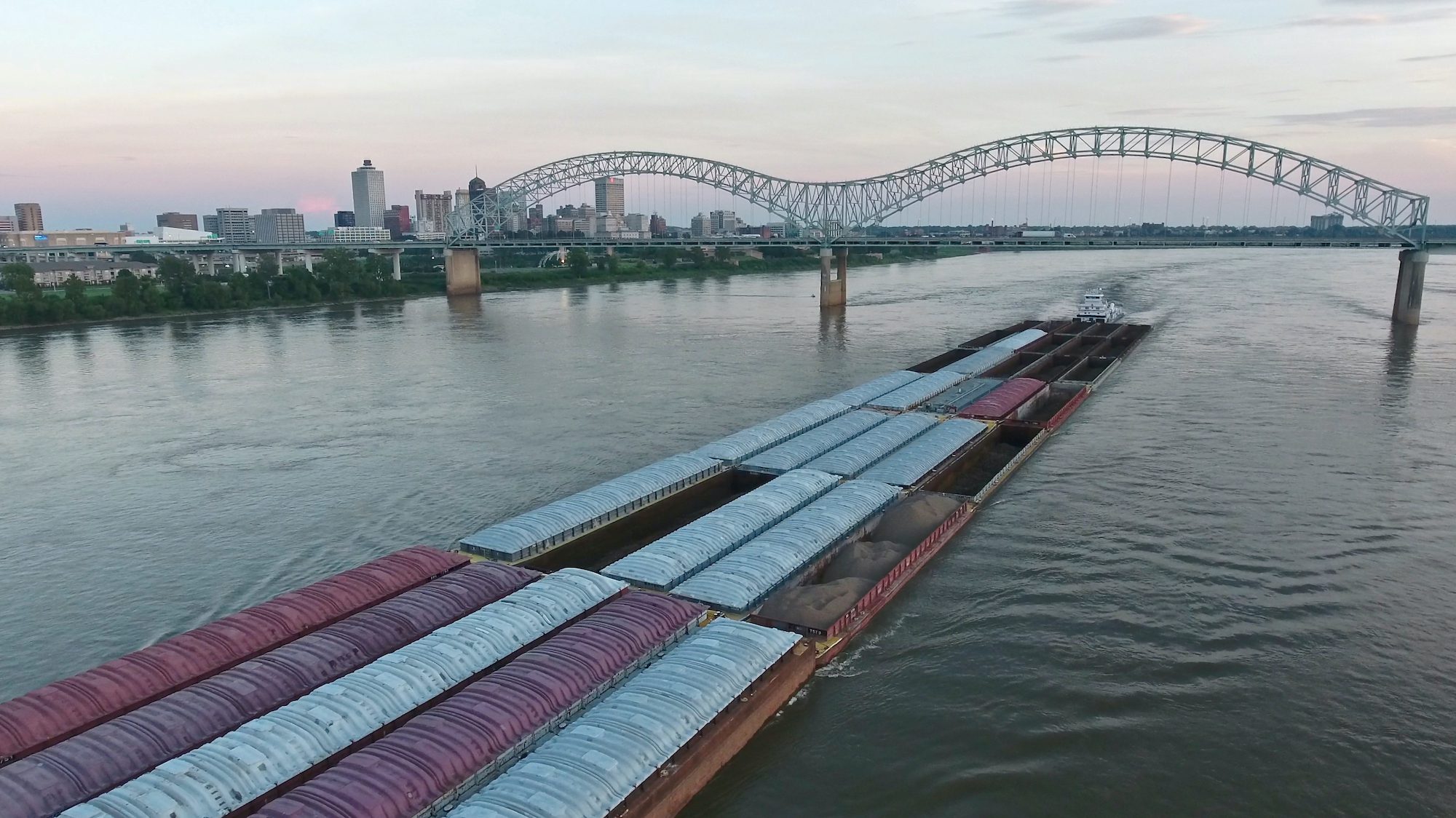 Great expository journalism like Michael Lewis’ Liar’s Poker or Tom Wolfe’s The Right Stuff, dives deep into an industry and tells an engaging, true story about it. In Ninety Percent of Everything, Rose George goes inside the shipping industry, traveling on the container ship, Kendal, from Felixstowe, England to Singapore, telling a story that fails to measure up.
Great expository journalism like Michael Lewis’ Liar’s Poker or Tom Wolfe’s The Right Stuff, dives deep into an industry and tells an engaging, true story about it. In Ninety Percent of Everything, Rose George goes inside the shipping industry, traveling on the container ship, Kendal, from Felixstowe, England to Singapore, telling a story that fails to measure up.
As a subject, the shipping industry is worthwhile to explore. Rarely talked about in the press unless something goes incredibly wrong, the shipping industry is the engine that keeps our interdependent economy running. The chief of the British navy claims what we suffer from “sea blindness”, which after reading the book is readily apparent. Nearly 90 percent of everything we first-world humans consume is transported via ship (America obtains two-thirds of its oil from shipping). In 2011, the 360 commercial ports in the US took in international goods worth $1.73 trillion, or eighty times the value of all U.S. trade in 1960. There are currently 20 million containers and one hundred thousand ships at sea today.
However, it appears George may have set herself up for failure. Had she chosen a more interesting ship (perhaps a heavy-lift with enormous cargo) or even an interesting route (as Keith Gessen did in his recent and compelling article Polar Express) she might have found a compelling story but Rose chose to ride aboard a container ship, a job even the crew call “boring, opaque, blank. Stuff carrying stuff.” However, George is in awe of the shipping industry and calls it “entrancing”, which it is, or at least can be– the problem being that she fails to explain why the reader should be fascinated as well. This issue is quickly apparent during George’s safe voyage in relatively calm seas, where frankly not much happens. Some questionable food is eaten and games of backgammon are played, interspersed with idle conversation about life on the sea.
George may have been aware that her voyage was somewhat lacking in excitement, but unaware that this fact shouldn’t bleed into one’s journalistic instincts. Exciting things are happening in shipping every day, you just need to know where to look.
When the events of her trip fail to bring the issues of the industry to the surface, she begins to recount tales of other voyages. At one point a story is told to George about stowaways not being allowed onto Spanish soil and sent back out to sea. The stowaways were taken back to Dakar by ship and apparently went mental, taking a steward hostage and doing tribal dances around him. George writes, “I listen greedily to these stories and I don’t mind if they have gaps.” She might not mind the gaps, but surely some readers do.
One interesting part of the book that was left unexplored was the stories of the Filipino crew aboard the Kendal. Filipinos currently make up one third of all ship workers, mainly because they are cheap to hire and able to speak English. But that may have been difficult when the two workers who first escorted her onto the Kendal were described as, “Asian and exhausted, so they are typical crew.” She also later describes a Burmese crew member eating next to her as “exotic,” using language more appropriate for when Columbus was first discovering the New World. This is ironic considering George later laments the low pay of the Filipino crew onboard the Kendal, even though minimum seafarer wage is $555, almost double what a senior government bureaucrat in Manila can earn. Low ranking members of the crew on the Kendal were paid $1,000 a month excluding overtime.
George deftly attempts to create controversy about an incredibly efficient industry that has evolved in the face of post-industrial globalization, but there isn’t much fuss to be had. Worse is the fact she portrays many of the mariners she meets as boring and lifeless as the ships themselves.
Sending a container from Shanghai to Le Havre, France emits fewer greenhouse gases than the truck that takes the container on to Lyon, making shipping by sea one of the greenest modes of transport. Shipping makes it less expensive to ship Scottish cod 10,000 miles away to China to be filleted and then sent back to Scotland than it is to pay Scottish filleters to do the job. While its clear in Ninety Percent of Everything how important the shipping industry is to the world economy, George makes some journalistic missteps, fails to uncover the many interesting sailors and ships currently navigating the high seas and comes up short in presenting a compelling story to the reader.
Ninety Percent of Everything can be picked up on Amazon.com, HERE.

 Join The Club
Join The Club












